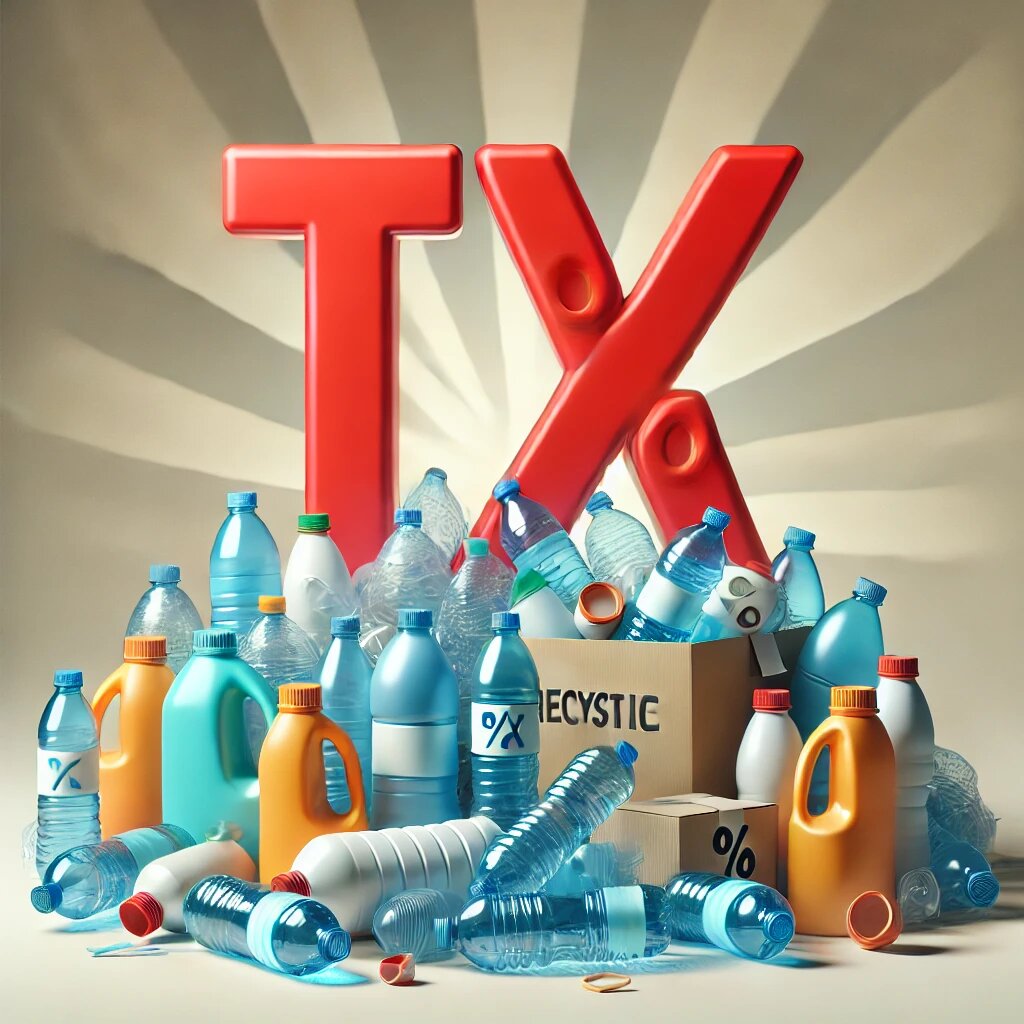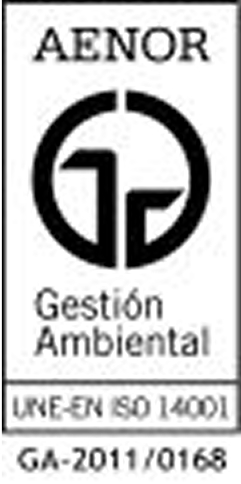Recycled Acrylic
Evolution Tax on non-recycled plastics EU

The European Court of Auditors has recently highlighted that the tax on waste from non-recycled plastic packaging, which was introduced in 2021, has not worked as expected. After the recent publication of an audit by the above-mentioned Court, it has been found that neither the actions supporting the initiative arrived on time, nor were most of the member countries prepared to take on this new challenge. The report indicates that there are problems with the comparability of the data, in addition to their reliability, not to mention the lack of adequate controls over the amount of packaging waste that is recycled. However, it is highly probable that the calculation of the resource is erroneous.
Objective of the tax
The main objective of this resource was to reduce the consumption of disposable plastics, promote recycling and promote the circular economy, in addition to contributing to the reimbursement of the EU recovery instrument.
The national contribution is estimated at 0.8 euros per kilogram of non-recycled plastic packaging waste. As real data are known every two years, contributions are calculated based on an estimate that is later adjusted to reality. In 2023 alone, 7.2 billion euros were collected for this tax, 4% of total EU revenues.
The member of the Court of Auditors responsible for the study Lefteris Christoforou stated that “After 33 years of using the same own resources, the EU introduced in 2021 an additional source of income based on non-recycled plastic packaging waste generated by member states. However, the way in which it is calculated is still too weak. Therefore, we ask the European Commission to correct it immediately.”
Participating members and key provisions
Only 5 of the 27 member countries have proceeded to introduce the Directive on packaging and packaging waste into national legislation within the agreed deadline. This fact has forced the European Commission to open infringement procedures to the rest of the members, one of them still ongoing while the audit was being drafted.
Once the tax was incorporated, an external auditor was hired to carry out compliance checks. The conclusion drawn is that in most cases, it was detected that key provisions such as the definition of plastic and packaging, or the calculation of plastic waste generated and recycled, had not been incorporated in a convenient way. Well, it has not yet been possible to standardize the methods used by all members, a matter that can take years, so the auditors conclude that different countries will continue to use inconsistent definitions and inadequate methods of collecting data that affect the calculation of the tax. For this reason, the Court of Auditors asked the European Commission to address this problem.
According to the report, in 2021 alone, the first year of application of the plastic tax, 22 of the member States had foreseen an amount lower by 1.4 billion euros than was calculated with the final data.
Descontrol
The auditors insist that EU countries use different collection methods and do not take stock of the results obtained. They also found that only six member States reported recycling data at the point of entry as established by legislation. The rest took data from the exit point of the sorting facility and applied average loss rates. Therefore, the reliability of the quantities that are declared by member states is unreliable and makes it impossible to compare them. Thus affecting information on how the recycling objectives established in the Directive on packaging and packaging waste are achieved.
In addition, it emphasizes that the lack of adequate controls can cause some plastic packaging waste to not really be recycled is high. If waste declared as recycled is actually incinerated, dumped or sent to landfills, this not only constitutes an environmental crime, but also generates an undue reduction in the amounts payable for the own resource.
The auditors point out that plastic waste exported outside the EU is at the same risk, since member states cannot currently verify that recycling conditions in third countries meet EU requirements. Therefore, they recommend that steps be taken to mitigate this risk.
Fuentes
19/09/24 “Deficiencies in the EU tax on non-recycled plastics” https://mundoplast.com/deficiencias-impuesto-plastico-tribunal-cuentas/
16/09/24 6 “Special Report 16/2024: EU revenues based on non-recycled plastic packaging waste — An irregular start and weighed down by data that is not sufficiently comparable or reliable” https://www.eca.europa.eu/es/publications/SR-2024-16


















.jpg)















